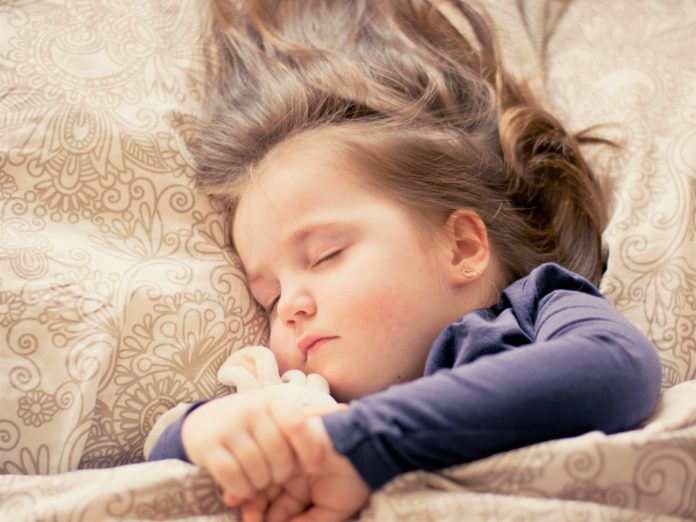Researchers describe loneliness as a “urgent public health crisis” that needs to identified and treated
Better sleep, particularly in young adults is associated with lower feelings of loneliness, a new study has found. The study will be presented at the SLEEP 2024 annual meeting.
Better sleep health was associated with lower total loneliness, emotional loneliness and social loneliness. While better sleep health was associated with lower total and emotional loneliness across ages, this association was stronger for younger adults.
“Loneliness is an urgent public health crisis, and there is a pressing need for providers to better understand and treat it. Our results highlight the important role that sleep plays in understanding loneliness across the adult lifespan. Perhaps efforts to improve sleep health could have a beneficial effect on loneliness, especially for young people” said lead author and principal investigator Joseph Dzierzewski. “
Sleep is essential for optimum functioning of the various systems of the body. Sleep quality if associated with alertness of the brain and productivity. Lack of sleep can trigger neurological disorders over the long term.
The study involved 2,297 adults with a mean age of 44 years, a little over half of them being men. Participants completed an online sleep health questionnaire and loneliness scale. The researchers analyzed the results using correlation and linear regression analyses along with moderation analyses.
In 2023 an advisory from the U.S. surgeon general warned about a public health crisis of loneliness, isolation, and lack of connection. It noted that even before the onset of the COVID-19 pandemic, approximately half of U.S. adults reported experiencing measurable levels of loneliness.


